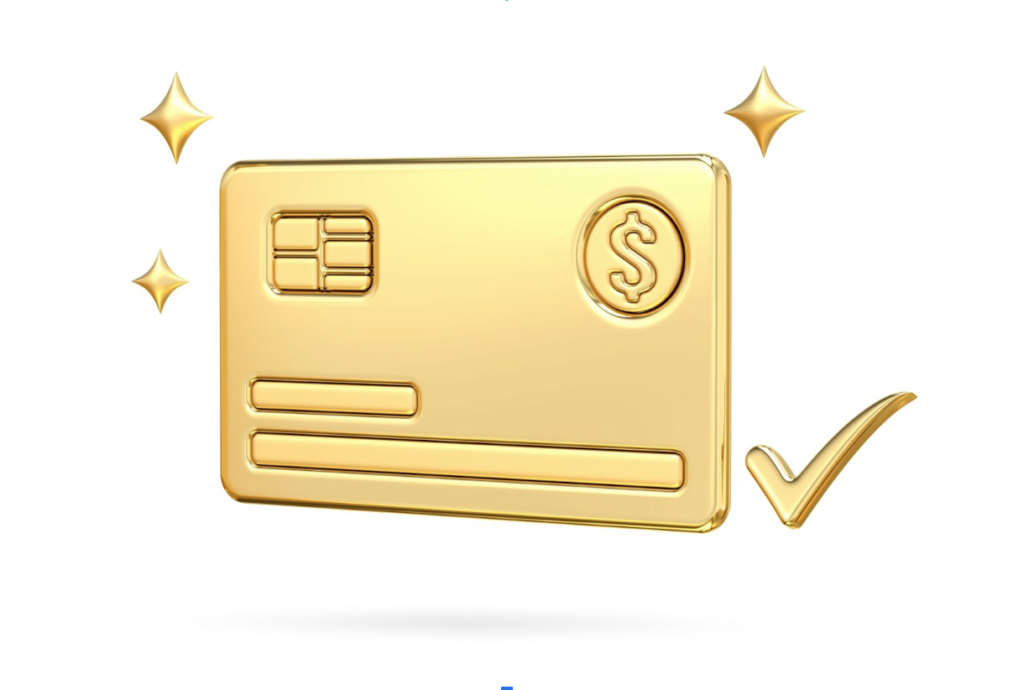
Today, we’re diving into a topic that affects almost everyone—credit cards. Using credit cards is easy, but using them the right way can make a big difference in your financial future. I’m going to walk you through 7 essential credit card tips that will help you get the most out of your cards, avoid common pitfalls, and build better credit for the future. Let’s get started!
1. Balance Alerts Can Keep You from Overspending:
Credit cards make life easier, but they can also make it easier to spend money without realizing it. Unlike using cash, where you can see and feel the money leaving your hand, credit card transactions are just a swipe. That’s why many credit card companies let you set up balance alerts, which notify you when your spending reaches a certain level. Relatable Tip: Let’s say you don’t want to spend more than $500 this month. You can set an alert to warn you when your balance gets close to that amount. This simple step can prevent overspending and help you stay within your budget. Plus, keeping your balance low is good for your credit score.
2. Use Spending Tools to Stay on Budget:
Many credit card companies offer tools to help you track your spending. These tools break down your expenses into categories—like groceries, restaurants, gas, or shopping—so you can see where your money is going. Real-Life Example: Let’s say you thought you were spending $200 a month on groceries, but the tool shows you that you’re actually spending $300. This could be your signal to adjust your budget or cut back in other areas. These tools can give you a clearer picture of your spending habits and help you stick to your financial goals.
3. Make Mid-Cycle Payments to Lower Your Credit Utilization:
One thing people don’t always know is that the balance on your credit card gets reported to credit bureaus every month. This balance is used to calculate your credit utilization, which is how much of your available credit you’re using. High utilization can hurt your credit score, even if you pay your balance in full every month. Pro Tip: Try making a payment in the middle of your billing cycle. By lowering your balance early, you reduce your utilization rate, which can boost your credit score. Example: If you have a $5,000 credit limit and your balance is $1,500, your utilization is 30%. Paying $500 mid-cycle lowers it to 20%, which is better for your score.
4. Bonus Malls and Offers Can Earn You Extra Rewards:
Most people know that credit cards can earn you rewards, but did you know there’s a way to earn even more? Some credit cards have online shopping portals or bonus malls that give you extra rewards when you shop through their special links. Tip: Check your card’s website to see if they offer these extras. You could earn 10% cash back instead of the usual 1% or 2% by shopping through their bonus mall. This is an easy way to get more value out of your card with little effort.
5. Move Your Due Date to Avoid Late Payments:
Missing a payment can be really bad for your credit score. But if your due date falls at a time that doesn’t work well with your finances—like right before payday—you can ask your credit card company to change it. Real-Life Tip: If your payday is the 15th but your card is due on the 10th, you might feel stressed about making that payment. Call your card company and ask them to move the due date to after payday. That way, you’ll always have the funds to pay on time.
6. Combine Cards to Maximize Rewards:
If you have more than one credit card, you can use them together to get better rewards. Some cards offer higher rewards in certain categories, like groceries or gas, while others give a flat rate on everything. Strategy Example: Use one card for groceries that offers 3% back, and another card that gives 2% back on everything else. By using both cards, you’re making sure you’re always getting the best rewards possible.
7. Use 0% APR Promotions to Save on Big Purchases:
Credit cards with 0% APR promotions can be lifesavers when you need to make a big purchase but don’t have the cash on hand. These cards let you pay off the purchase over time without paying interest, as long as you pay it off before the promotion ends. Pro Tip: If you need a new fridge or want to book a vacation, using a card with a 0% APR offer could save you hundreds in interest. Just be sure to pay off the balance before the promotion ends to avoid any extra costs.
Conclusion:
Credit cards are more than just convenient—they can help you save money, earn rewards, and even build a strong credit history. The key is to use them wisely. Set up alerts, stick to your budget, and pay attention to your credit utilization. Remember, a credit card is a tool, and when used properly, it can open the door to better financial health.
